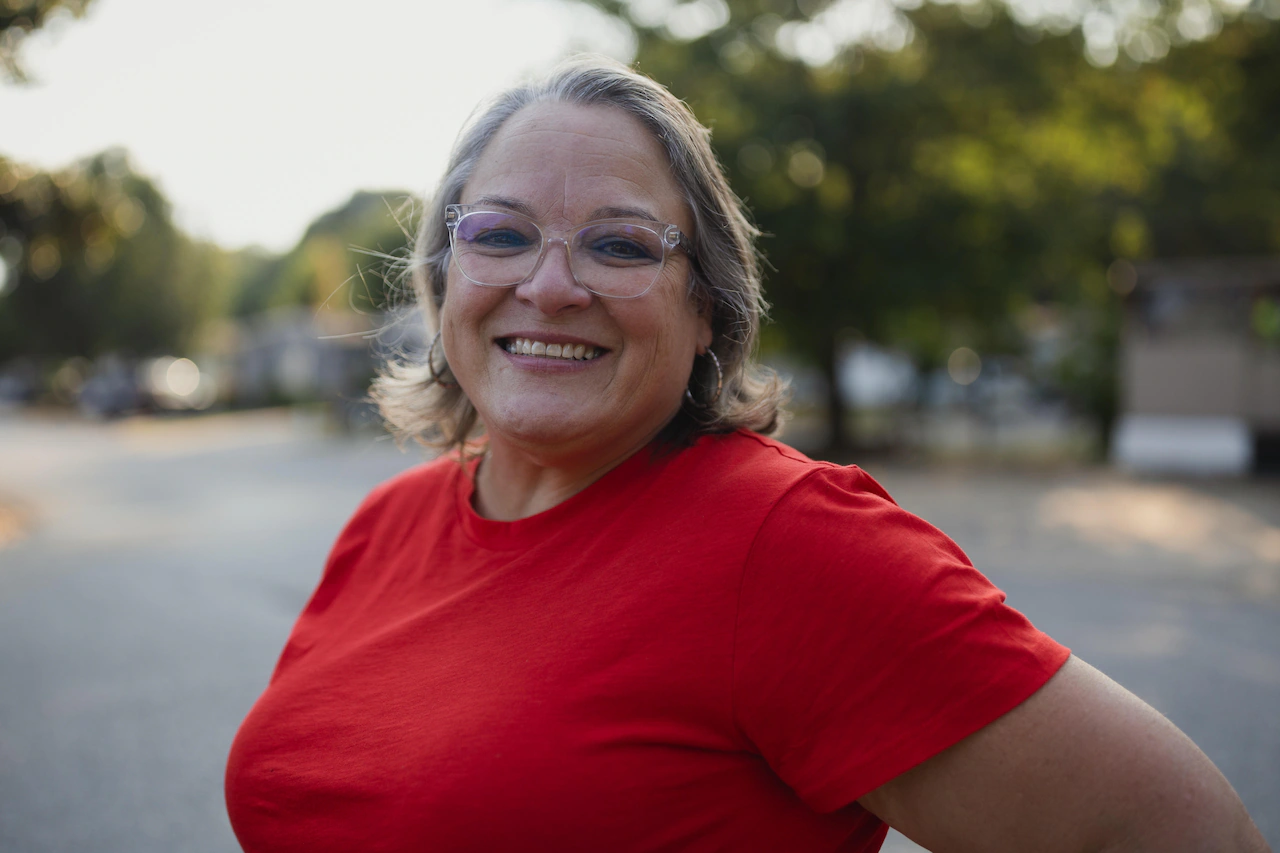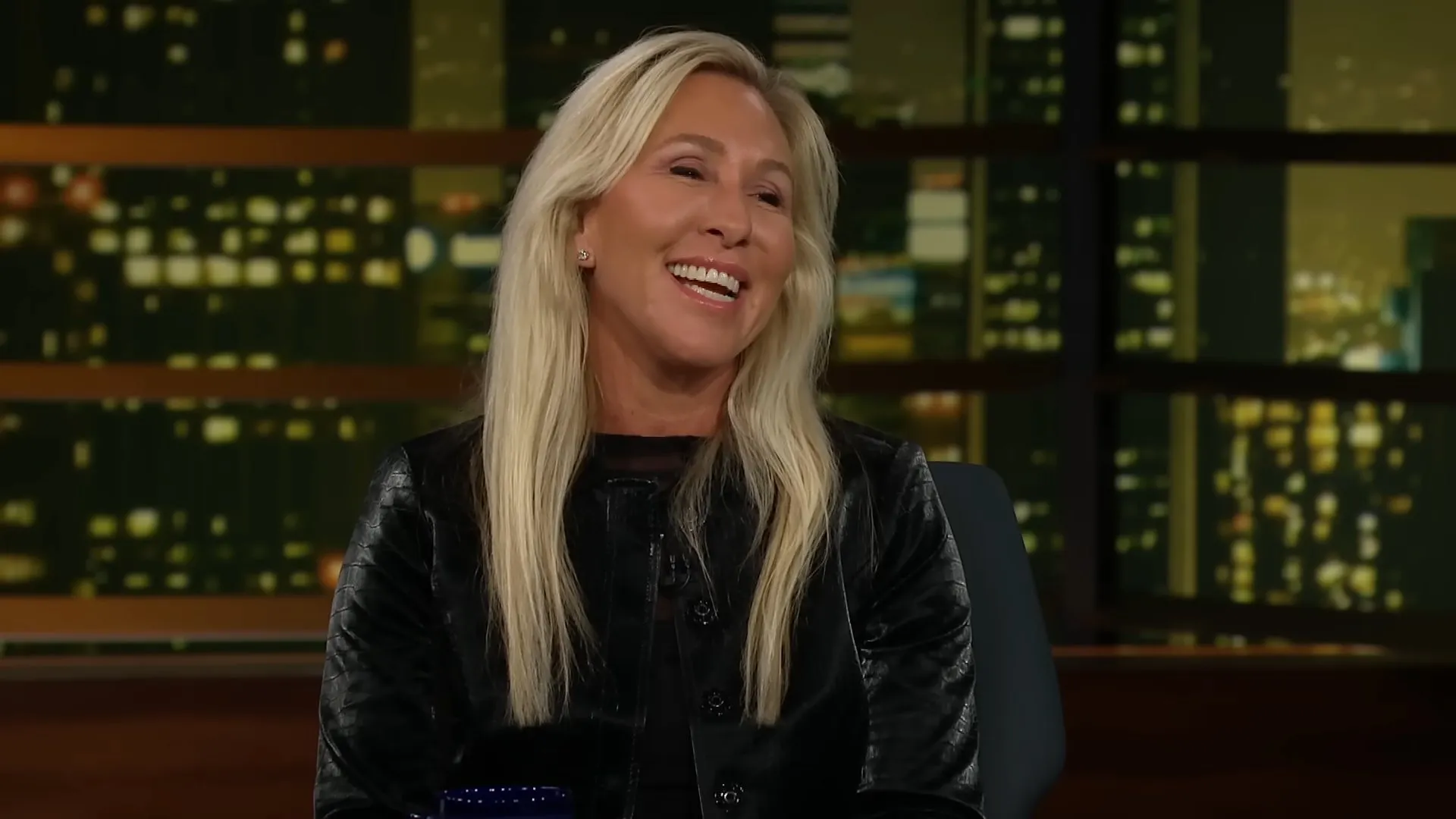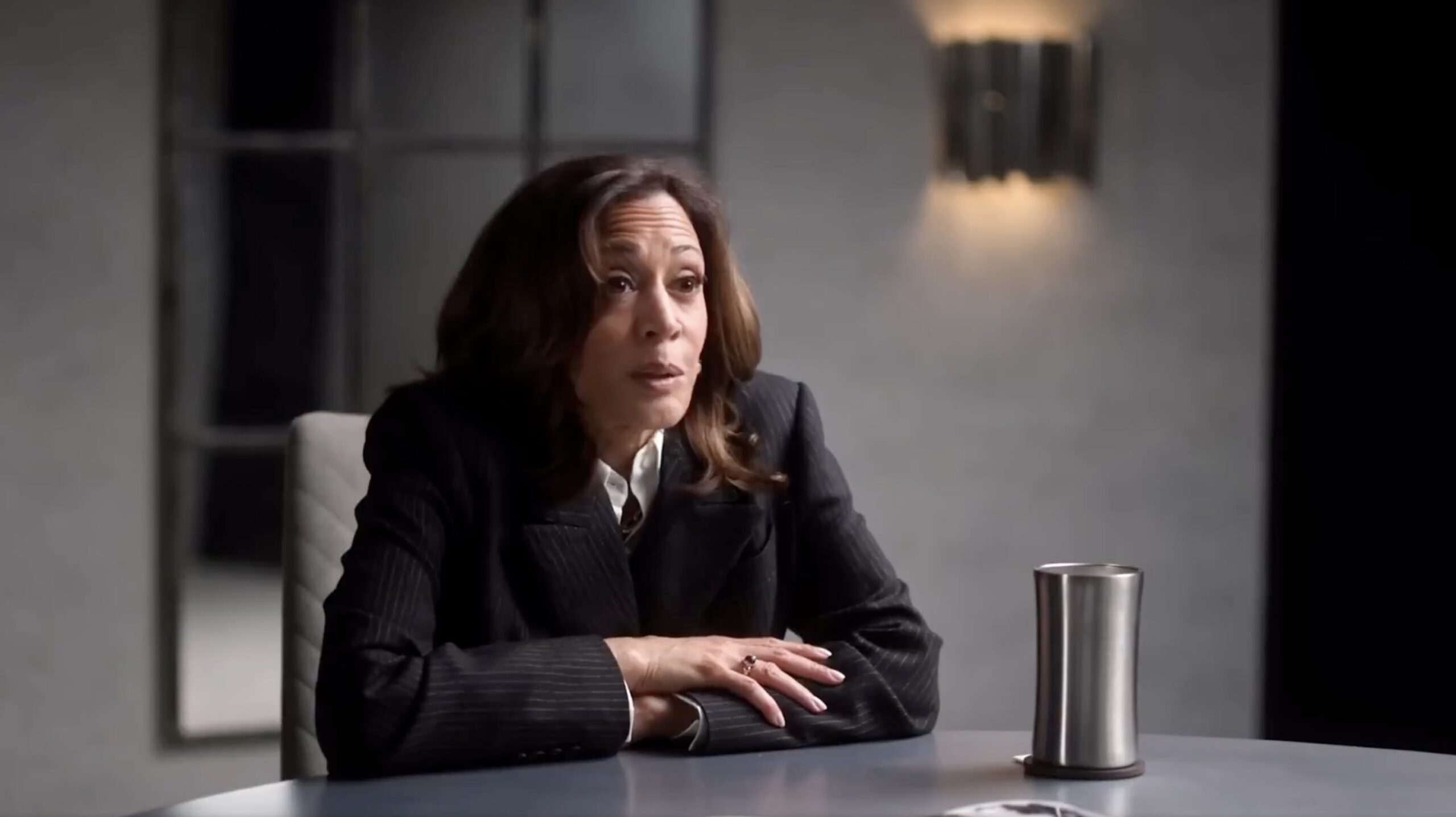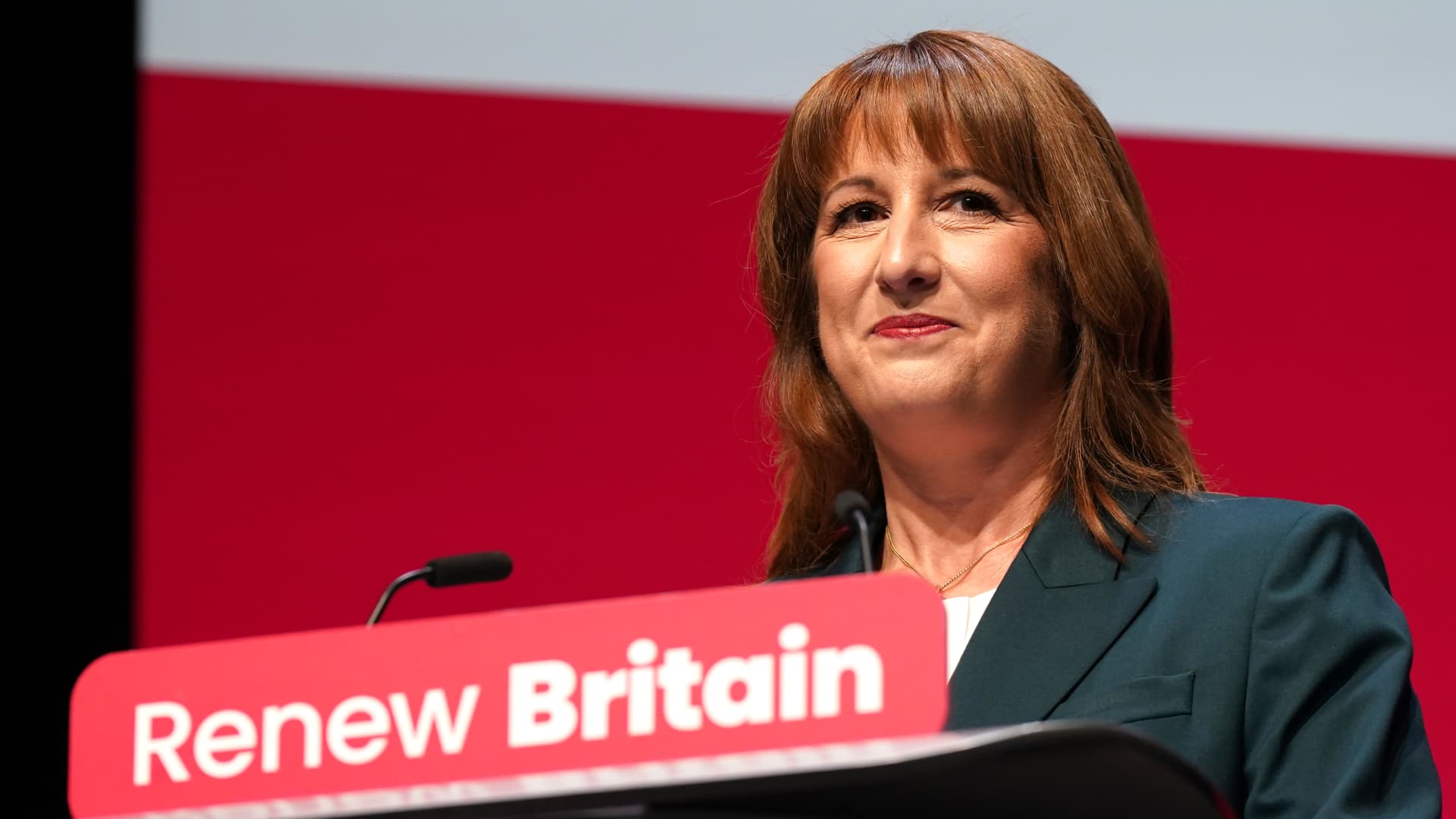Copyright AL.com

Growing up in Puerto Rico, volunteering was a part of life for Cathy Cartagena. Cartagena was eager to run for city council in Pelham this year, but everything changed in July when she found a note on her car saying a Latino wouldn’t lead in Pelham. “I’ve never been afraid,” she said of her feelings before the note. But Cartagena was suddenly afraid for her family. She stopped knocking on doors. Across Alabama, local politicians of color have at times faced threats and intimidation this year, as political threats and violence increase nationwide. In August, a Muslim candidate for Hoover city council received death threats on Facebook. Tanveer Patel, a local business owner, immigrated from India in 1990. “To be told that I should be sent back to India, called a ‘raghead’ or to be threatened with violence is not only frightening; it is heartbreaking,” Patel said at a press conference. “We will not let hate win,” said Hoover Mayor Frank Brocato, at the same conference, about the threats. Neither woman won their local races. Not all candidates of color faced threats. Further south, in Jemison, Alabama, in Chilton County, local Latino candidate Luis Rojas, found more of a welcoming climate, said campaign advisor Chris Nelson. Rojas is a first-generation immigrant in a community that has a large Hispanic population. “There’s more opportunities for people to kind of get to know each other on a personal level in a smaller rural place,” he said, adding that people are used to being neighbors and co-workers with Hispanics in the area. Rojas, a local contractor, lost to an opponent with strong local ties, but did gain supporters through canvassing. Nevertheless, the danger of political intimidation based on racial and ethnic differences is real and has potential of getting worse. “What we know is that, when times are like this, bad actors are more emboldened to spread racist rhetoric,” said Tafeni English-Relf of the Southern Poverty Law Center, which documents hate groups. In Huntsville, Councilwoman Michelle Watkins got a hate message this June. It had racist language and was signed “The Tennessee Valley.” “A lot of people told me how sorry they were about it. It felt good to have the support,” Watkins said in a public address about the message in June. “You have to remember when you’re in this position, sometimes people are going to say things that don’t sound nice, but it comes with the territory, so I just take it with my chin up.” Mayor Tommy Battle spoke out against the attack. “The City denounces this incident in the strongest terms,” Battle said. “Everyone deserves to be treated with dignity and respect.” As Cartagena walked through her local Latino neighborhood in Pelham, days before a runoff election this fall, residents recalled how, for years, she had helped them through personal crises. “I’m proud of her,” said one resident in Spanish, an immigrant with citizenship, but who said she was afraid to go vote, or to share her name with AL.com. Cartagena believes she lost partly because she stopped campaigning after she got the threatening note. In Pelham, the winner of that council seat, Chris Townes, did not respond to a request for comment about the race. Pelham Mayor Rick Walsh also did not respond to a request for comment. Threats based on the race or ethnicity of a candidate may be part of an overall increase in intimidation and violence in U.S. politics. Cartagena, for example, sees political violence of all sorts as part of a nationwide public health crisis, especially since the death of Charlie Kirk. Research bears out that most Americans are convinced there has been an uptick in political violence in the country. A Pew Research Center survey conducted in September, in the wake of Kirk’s Sept. 10 assassination, showed 85 percent of Americans believe that political violence is rising. “This includes nearly identical shares of Republicans and Republican leaners (86%) and Democrats and Democratic leaners (85%),” according to Pew. There have been attacks on both Republican and Democratic politicians with each party pointing the blame at their political opponents for increases in violence. A different poll, by POLITICO and Public First, shows that a majority of Americans, 55 percent, expect political violence to increase, and that “it is likely a political candidate will be assassinated in the next few years,” Politico’s Erin Doherty wrote earlier this month. “Widespread pessimism about political violence is a rare, grim point of consensus in a country riven by political and cultural divisions,” she wrote. Despite that, Cathy Cartagena said she plans to remain politically active. “My intention was purely to serve the community,” she said. “I can encourage other people to continue.”



